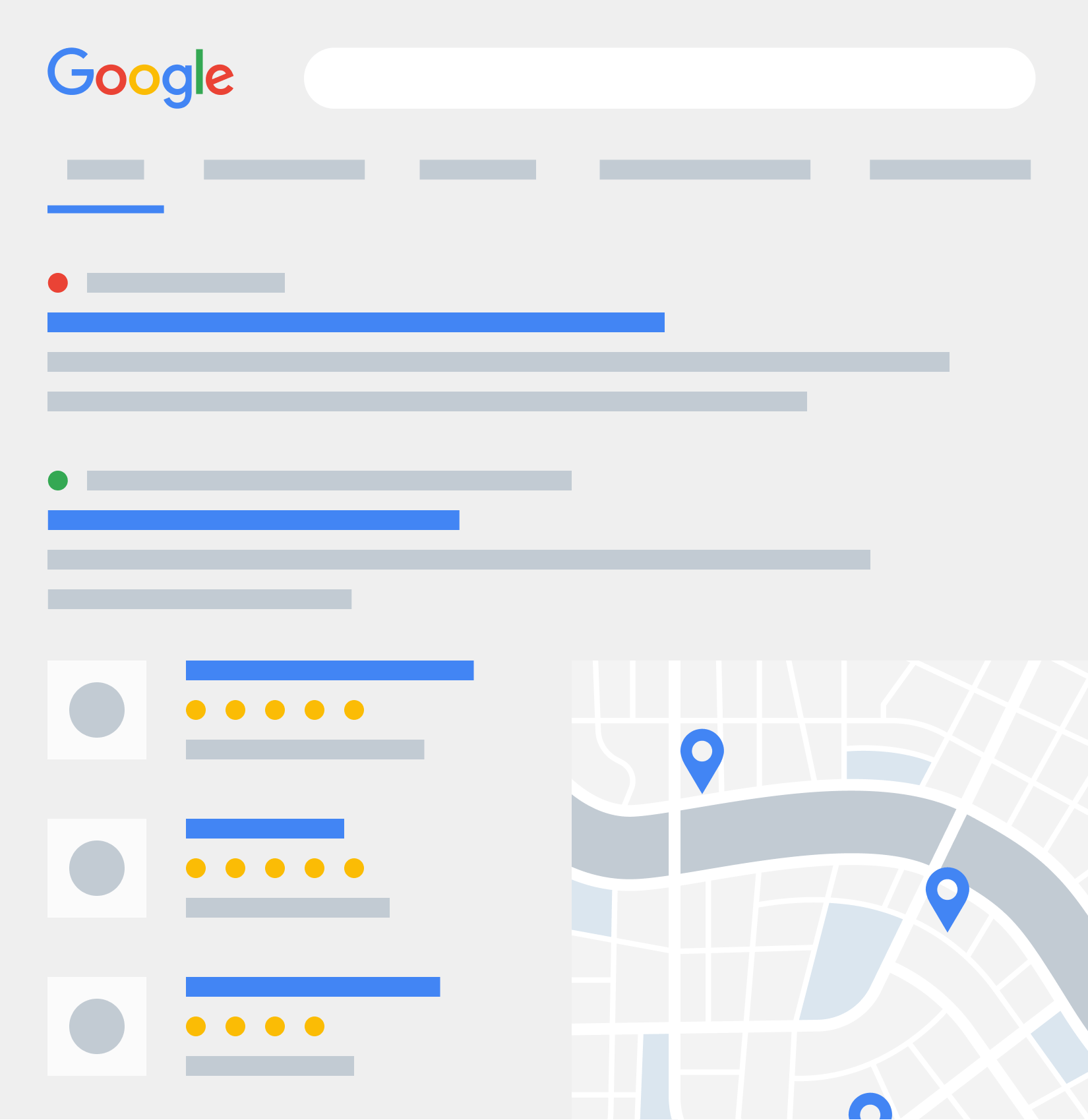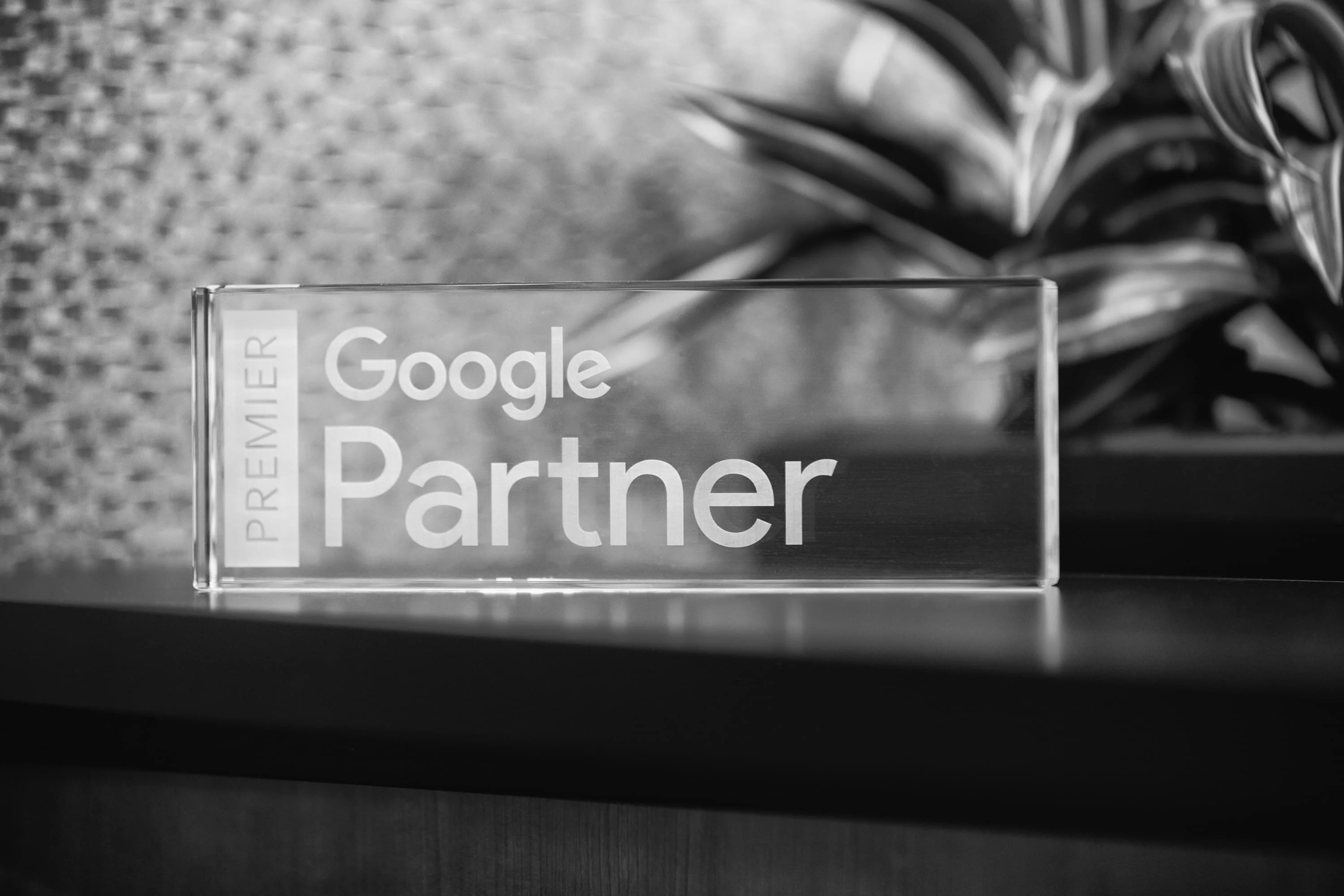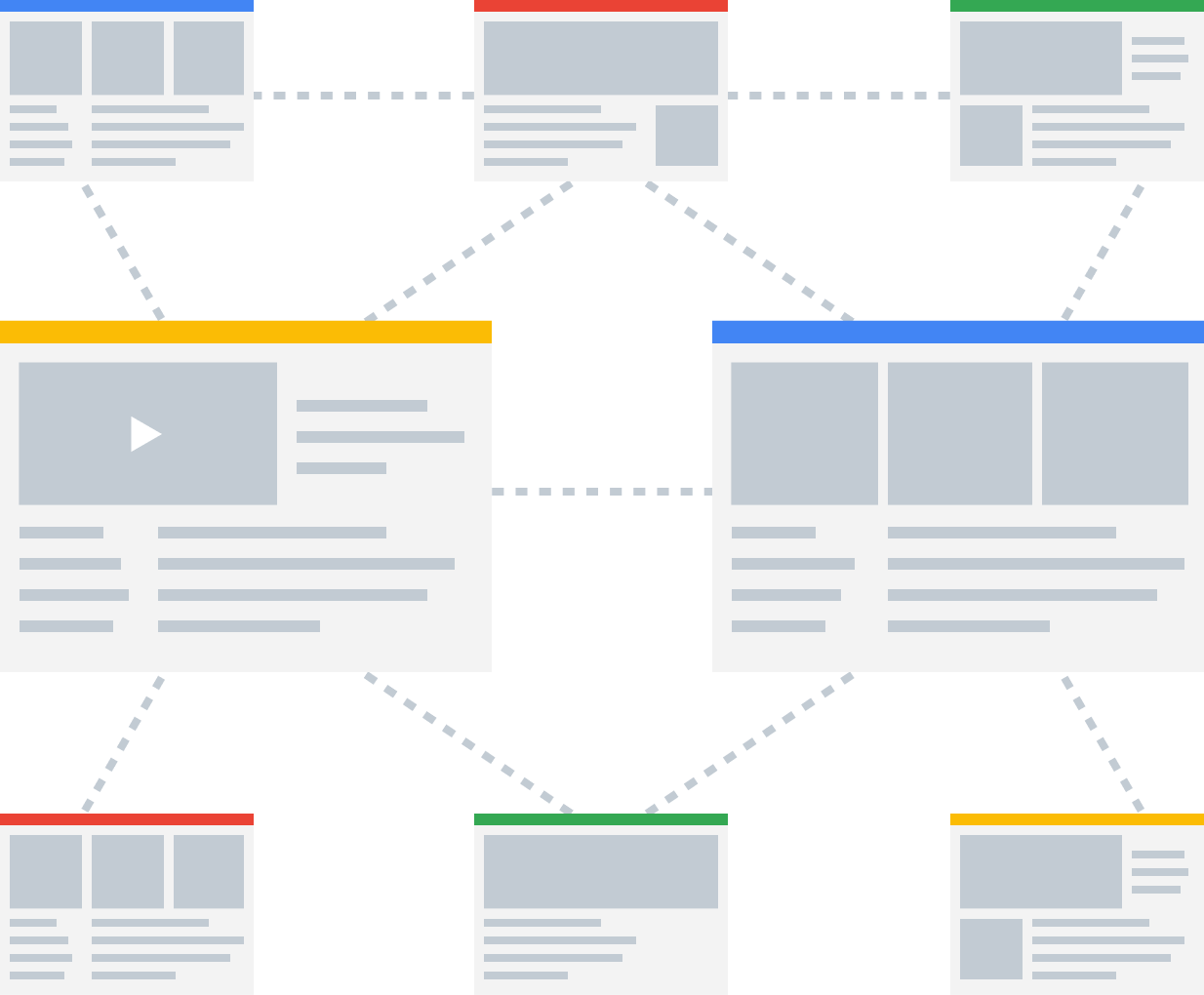A few of the websites that have published our content:
SEO Services
Straight North has conducted thousands of successful SEO campaigns for B2B and B2C firms of all kinds. Our experience, talent, transparency, depth and professionalism set us apart. With skilled specialists in all areas of campaign execution, we set the standard for excellence in the SEO industry.

Looking for the Best SEO Company?
Look No Further.
Here’s why our SEO company is the perfect fit for your growth-minded company.
Proven Results
We have delivered thousands of successful SEO campaigns for over two decades. We boast an A+ BBB rating and have over 100 full-time team members in multiple locations.
SEO Knowledge
We keep our finger on the pulse of the SEO industry, ensuring that we always employ the latest proven methods. We test new techniques to keep you ahead of your competitors.
Link Acquisition
Our SEO firm works hard to acquire powerful inbound links. Targeting relevant publisher websites helps earn valuable links that increase your website’s authority and visibility.
Expert Copywriting
We have a large staff of talented content creators. Our ability to produce high-quality content for any type of business and publish on authoritative sites is second to none.
Reporting Technology
The GoNorth! Reporting platform allows you to closely monitor your SEO campaign performance. Metrics are updated daily, so you always know what is happening.


The Many Markets We Serve
Our SEO experts have experience working with a wide range of businesses in many different markets. See below for a few of the markets we serve or view the full list. Straight North proudly services every city nationwide, including Austin, Baltimore, Charlotte, Chicago, Denver, Los Angeles, New York and Washington DC.
The Right Words Are Your Key to Success
Keyword strategy is based on the premise that to get people to visit your site, your content must incorporate the words people use when searching for what you offer. Our professional SEO team ensures that we use the right keywords for your campaign and target them in a way that maximizes your results. Steps include keyword research, content gap analysis and target page / keyword selection, mapping and prioritization.
Get Your Free Instant SEO Audit Now!
Enter your information to get started
Don’t Content Yourself with Mediocre Content
Content optimization refers to the practice of writing or rewriting content in a way that maximizes the chances of achieving your goals — obtaining high rankings in search engines, driving targeted traffic, and increasing ecommerce revenue or sales leads. Creating and optimizing informational pages give your website the ability to publish fresh content and strengthen its overall topical relevance.

Don’t Let a Technicality Derail Your SEO Campaign
Technical SEO helps ensure that your website structure optimizes user experience, maintains an acceptable speed, is accessible to search engines, is mobile-friendly and is generally designed to positively impact its performance on Google. Straight North will help you identify and diagnose these common (and not so common) technical SEO issues.
Are Backlinks the Missing Link in Your SEO Strategy?
Links from relevant websites are indicators that your site is authoritative, trusted and credible. Because your website’s backlink profile is an important SEO ranking factor, our search engine optimization company earns links that improve search engine rankings, increase brand awareness and grow organic traffic. Learn more about our link building services.




